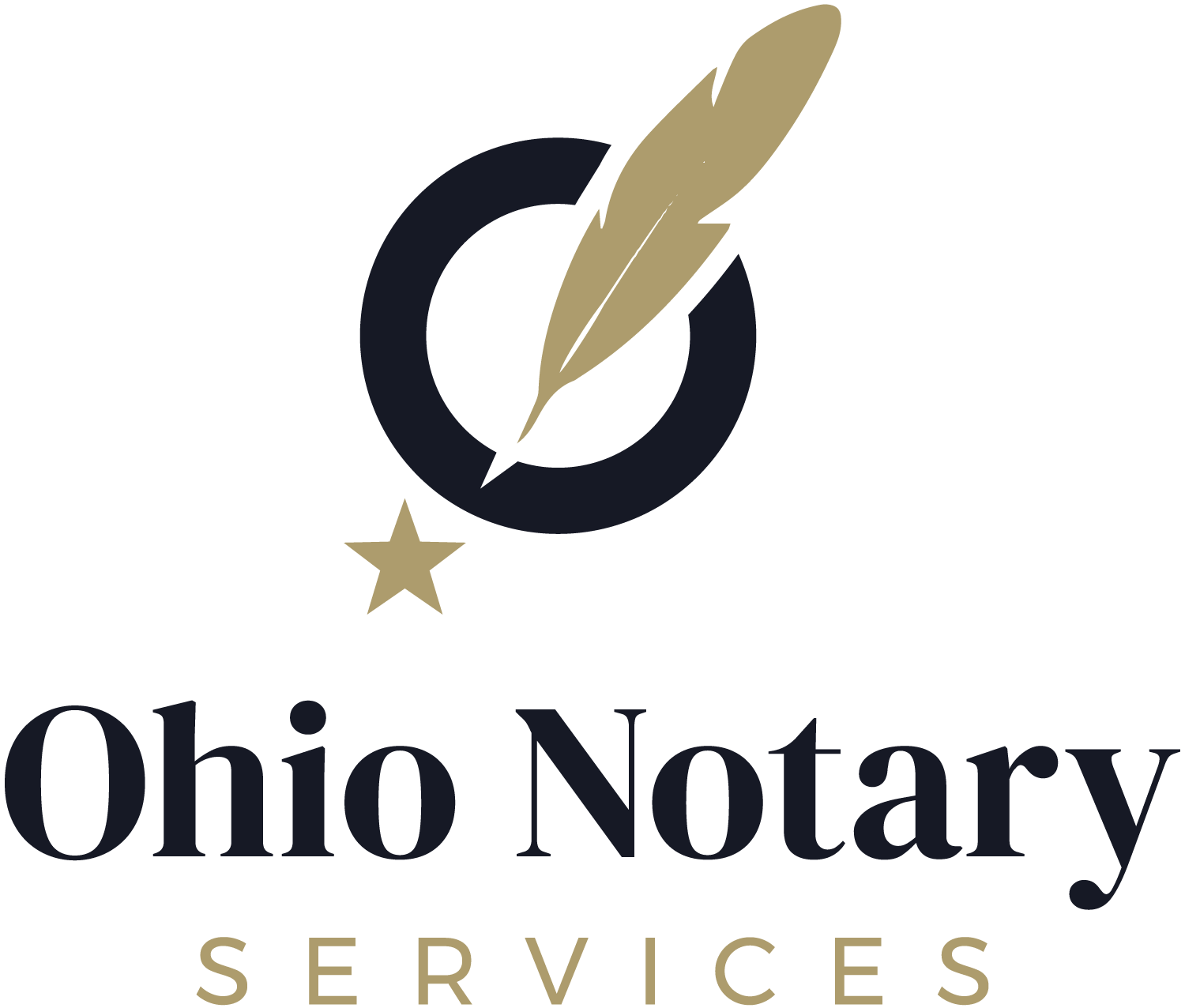Notary Public: Your Trusted Witness and File Authenticator
Notary Public: Your Trusted Witness and File Authenticator
Blog Article
Debunking Notarial Work: Streamlining the Role and Value of Notaries
In the intricate web of legal documents and confirmation, notaries stand as columns of guarantee and credibility. Their function, commonly shrouded in enigma for several, brings significant weight in guaranteeing the credibility and integrity of important documents. As guardians of legality and truth, notaries play a crucial part in our culture, yet their work is not constantly fully understood. By deciphering the complexities bordering notarial methods and losing light on the importance of their acts, a clearer understanding emerges of the essential duty notaries play in promoting the material of legal and legal arrangements.
The History of Notarial Job
The history of notarial job days back to ancient civilizations, where scribes played a crucial function in videotaping crucial info and authenticating papers. This led to the development of notaries, people selected by the state to act as neutral witnesses in lawful matters.
During the Center Ages, notaries obtained prominence in Europe, with their functions expanding to consist of composing legal files, accrediting signatures, and preserving records. The increase of international trade even more emphasized the importance of notarial work in verifying agreements and agreements across borders.
In the modern age, notaries remain to play an important function in legal and service transactions by confirming identifications, verifying the credibility of records, and stopping scams. Their function in licensing the credibility of agreements includes a layer of protection and depend the ever-evolving landscape of commerce and regulation.

Tasks and Obligations of Notaries
The historic advancement of notarial job from old people to the modern-day era has shaped the distinct responsibilities and obligations that notaries maintain in legal and organization deals today. Notaries play an important duty in verifying the authenticity of records and the identity of signatures. One of their key obligations is to witness the finalizing of vital documents, such as agreements, wills, and actions, to make certain that all events are becoming part of agreements intentionally and voluntarily. Notaries likewise confirm that signatories are of audio mind and not under discomfort or threat.
They license copies of initial documents, supplying assurance to organizations that the copies are real reproductions of the originals. In general, the obligations and duties of notaries are essential in safeguarding the honesty and validity of numerous records and purchases - Deceased Estate.
Notarial Certificates and Signatures
Exemplifying meticulous interest to information, notarial certificates and trademarks function as vital parts in validating the authenticity of lawful files. Notarial certificates usually include crucial details such as the day of registration, the names of the signatures, a summary of the paper, and the notary's official seal. These certifications give a clear document of the notarial act, making certain that the document can be easily determined and traced back to the notary that looked after the process.
Trademarks play a crucial role in notarial work, as they represent the contract and consent of the parties entailed. Notaries thoroughly witness the signing of files to validate the identity of the signatories and confirm that they are authorizing of their very own free choice. By attaching their official seal and trademark to the document, notaries certify that the needed procedures have been Apostille complied with which the paper is legitimate and enforceable.
Essentially, notarial certifications and signatures are the hallmark of authenticity in lawful purchases, providing guarantee to all parties involved that the records are legitimate and binding.
Significance of Notarial Acts

Registration Process Explained
The notarization procedure usually begins with the individual presenting the document to a notary public. As soon as the identification is confirmed, the notary guarantees that the private authorizing the document does so willingly and without any coercion.

Final Thought

Notarial certifications generally include crucial info such as the day of notarization, the names of the signatories, a summary of the record, and the notary's main seal. These certifications offer a clear document of the notarial act, guaranteeing that the document can be conveniently identified and traced back to the notary that looked after the procedure.
By attaching their main seal and signature to the record, notaries license that the essential procedures have actually been followed and that the record is enforceable and legitimate.
By verifying the identity of the signatures, confirming their readiness to get in into the agreement, and licensing the date and location of the signing, notaries play a critical role in maintaining the credibility of legal documents.After the record is authorized, the notary will affix their main seal or stamp onto the file.
Report this page